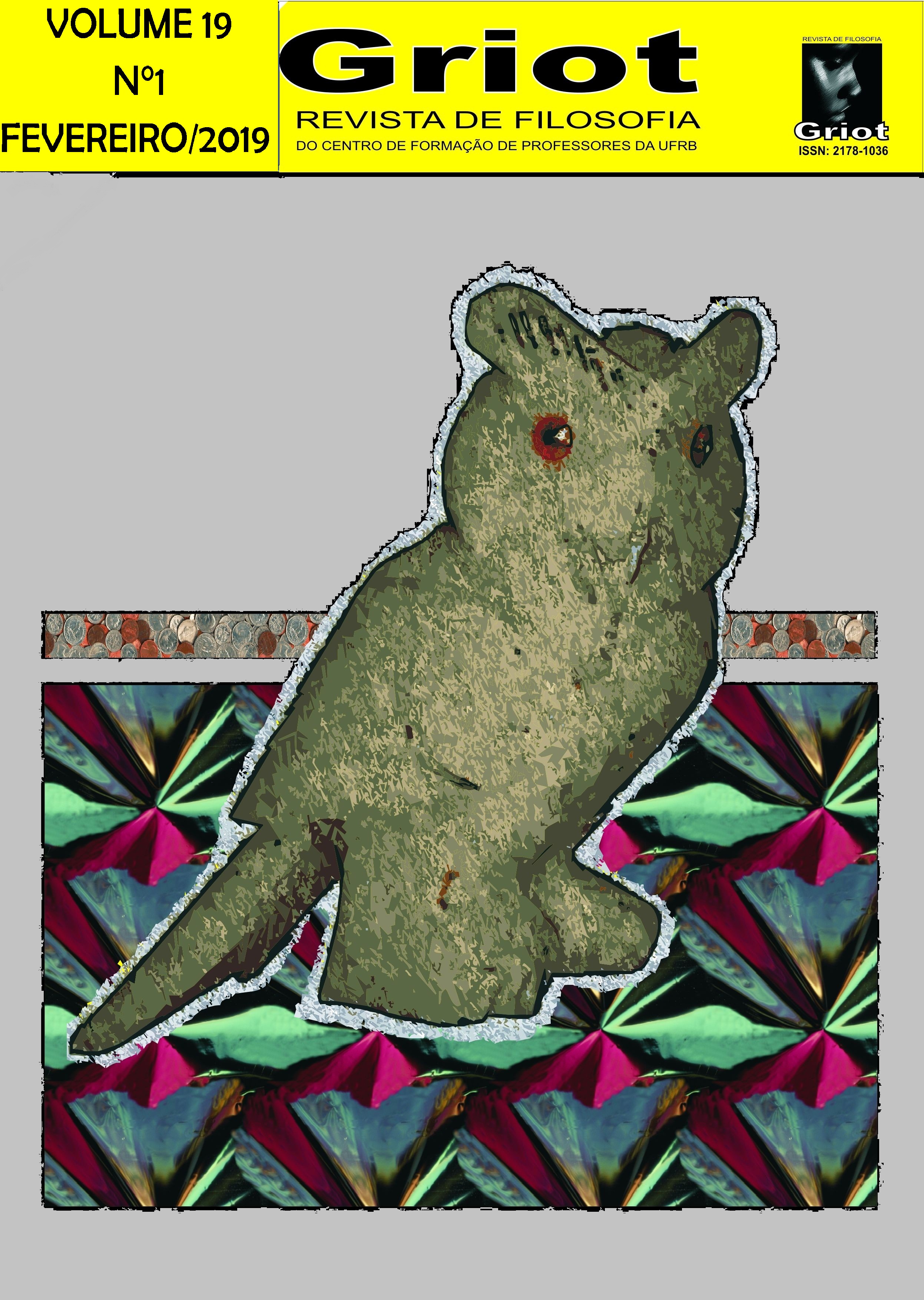The writing as autoformation and resistance: Foucault, Nietzsche and the creation of worlds and histories
DOI:
https://doi.org/10.31977/grirfi.v19i1.995Keywords:
Self-creation; Writing; Fiction; Foucault; Nietzsche; Resistance.Abstract
The fiction corresponds to a style of writing that supports the construction of narratives capable of wrestling the writer from himself in a sense that, through the experiment of language itself, it constitutes aesthetically. When we observe the works of Nietzsche, we perceive that there are a plurality of literary styles, often composed by aphorisms that demand another performance: hyperbolic writing. Through artistic writing, Nietzsche creates a world understood as the will to power in which he gives himself as a character among other psychological types. Already in Foucault's philosophy the striking feature of his works is the historical tone with which he approaches his themes. However, as he himself affirms in some interviews, he writes nothing but fictions, selects and organizes historical statements by creating various scenarios, subjects and objects of his speech. This style present in both contacts the outside provoking a repositioning of the reader, which is affected by promoting, as an effect of subjectivation, a political repositioning of insubmissão of not wanting to be governed in this way.
Downloads
Downloads
Published
How to Cite
Issue
Section
License
The authors who publish in Griot: Revista de Filosofia maintain the copyright and grant the magazine the right of first publication, with the work simultaneously licensed under the Creative Commons Attribution 4.0 International License, allowing sharing and adaptation, even for commercial purposes, with due recognition of authorship and initial publication in this journal. Read more...









































































